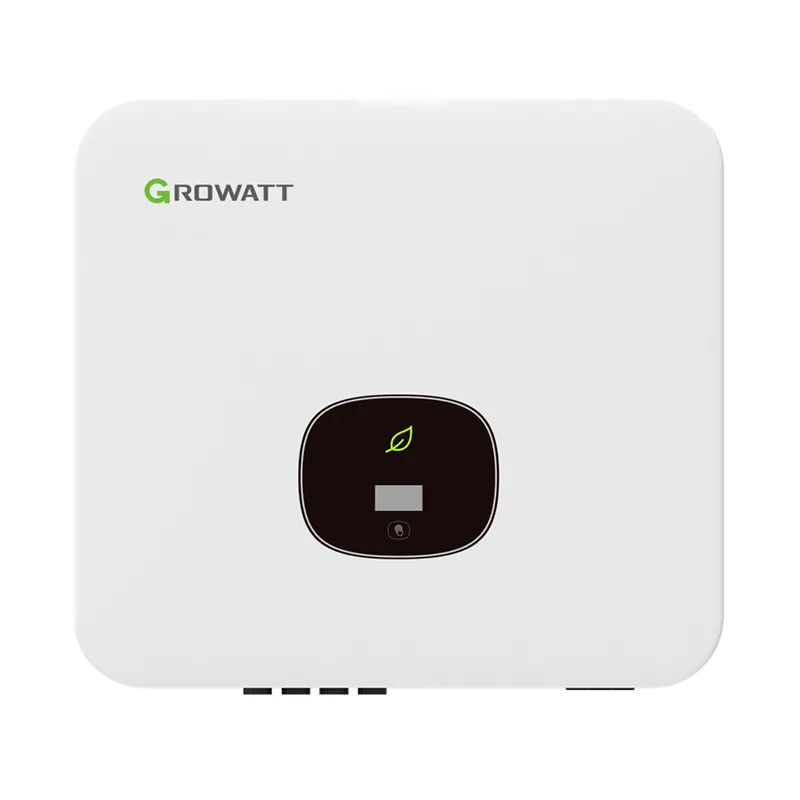solar thermal system
Exploring the Benefits of Solar Thermal Systems
As the world shifts towards sustainable energy solutions, solar thermal systems are emerging as a compelling option for harnessing renewable energy. These systems utilize sunlight to generate heat, which can be used for various applications, including residential heating, hot water production, and industrial processes. Unlike photovoltaic systems that convert solar energy into electricity, solar thermal systems are specifically designed to capture and utilize the thermal energy from the sun.
One of the most significant advantages of solar thermal systems is their efficiency. They can achieve higher energy conversion rates compared to solar photovoltaic systems, particularly in applications that require high-temperature heat. For instance, solar thermal collectors can reach temperatures of over 85°C (185°F), making them ideal for residential water heating and space heating. This efficiency translates to reduced energy bills, as households can rely on the sun's energy to fulfill a significant portion of their heating and hot water needs.
Another benefit of solar thermal systems is their versatility. These systems can be installed in a variety of settings, from single-family homes to commercial buildings and industrial facilities. They can be integrated with existing heating systems, such as boilers or furnaces, to create a hybrid system that maximizes energy savings. Additionally, solar thermal technology can be employed in larger applications, such as district heating networks, where heat produced at a central location is distributed to multiple buildings.
solar thermal system

Environmental impact is another crucial aspect of solar thermal systems. By utilizing renewable sunlight instead of fossil fuels, these systems help to reduce greenhouse gas emissions and dependence on non-renewable energy sources. This shift not only contributes to combating climate change but also promotes energy security and resilience.
Moreover, the installation of solar thermal systems can be economically advantageous. Many governments offer incentives and rebates for those who adopt renewable energy technologies, including solar thermal systems. These financial incentives can significantly offset the initial installation costs. Furthermore, with increasing advancements in technology and growing competition in the market, the cost of these systems has been steadily decreasing, making them more accessible to a broader audience.
In conclusion, solar thermal systems present a viable and efficient solution for harnessing renewable energy. Their ability to provide substantial energy savings, versatility in application, positive environmental impact, and financial benefits makes them an attractive option for homeowners and businesses alike. As technology continues to evolve, the potential for solar thermal systems to contribute to a sustainable energy future is becoming increasingly evident. Embracing this technology could play a pivotal role in achieving energy conservation and enhancing our global efforts toward sustainability.
-
Unlocking Energy Freedom with the Off Grid Solar InverterNewsJun.06,2025
-
Unlock More Solar Power with a High-Efficiency Bifacial Solar PanelNewsJun.06,2025
-
Power Your Future with High-Efficiency Monocrystalline Solar PanelsNewsJun.06,2025
-
Next-Gen Solar Power Starts with Micro Solar InvertersNewsJun.06,2025
-
Harnessing Peak Efficiency with the On Grid Solar InverterNewsJun.06,2025
-
Discover Unmatched Efficiency with the Latest String Solar InverterNewsJun.06,2025







